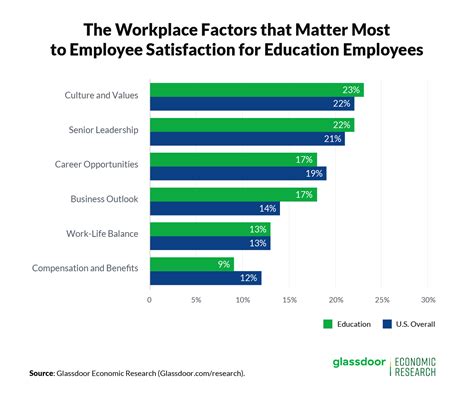Big corporations, often seen as behemoths of stability and prosperity, stir a complex set of emotions among their employees. While some find solace in the structured environments and secure paychecks, others chafe under what they perceive as restrictive, creativity-sapping systems. One of the fundamental attractions of working for a large company is undoubtedly the semblance of stability it offers. Employment in a big firm often comes with benefits like health insurance, retirement plans, and a steady paycheck, which are not always guaranteed in smaller establishments or startups.
Interestingly, despite the apparent advantages, not everyone thrives in a big corporate environment. There’s a segment of the workforce that values autonomy over stability, creativity over predictability. This is evident in departments that handle legacy systems or less glamorous aspects of corporate operations. These roles often offer little in the way of recognition but might come with less oversight, allowing for a degree of autonomy and creativity. These ‘remote corners’ of corporations are sometimes the spaces where job satisfaction quietly brews, contrary to the more visible, high-pressure roles.
The subjectivity in job satisfaction within large corporations is also reflected in how different employees perceive the centralization of decision-making. Some appreciate a localized, departmental autonomy where they can make impactful decisions without the meddling of a distant corporate office. Others criticize the bureaucracy that often accompanies centralized decision making, pointing out how it can stifle innovation and impose costs that are more about optics than efficiency. The central argument revolves around the balance—or lack thereof—between corporate oversight and local freedom.
From an employee perspective, the challenges of working in a big company are not just about the tug between autonomy and security but also about how individuals align with the corporate culture. Those who thrive in highly structured environments often find big corporations ideal. Others, feeling constrained by corporate mandates and lack of personal influence, experience a disconnect that no amount of job security or benefit can mollify. This dissonance can lead to a paradoxical scenario where individuals might love their job but hate the company, a sentiment that underscores the complexity of employee satisfaction.
Moreover, the debate around the function and impact of big corporations extends beyond individual job satisfaction to broader socioeconomic considerations. Discussions about limiting the size and scope of these corporations to curb their ability to outsource jobs or exploit lower-cost labor markets overseas highlight another layer of complexity. Such corporate strategies, while beneficial to the company’s bottom line, can have detrimental effects on local economies and global inequality. Thus, the narrative around working for big corporations is intertwined with larger themes of economic equity and fairness, making the discussion as much about societal values as about individual job satisfaction.


Leave a Reply